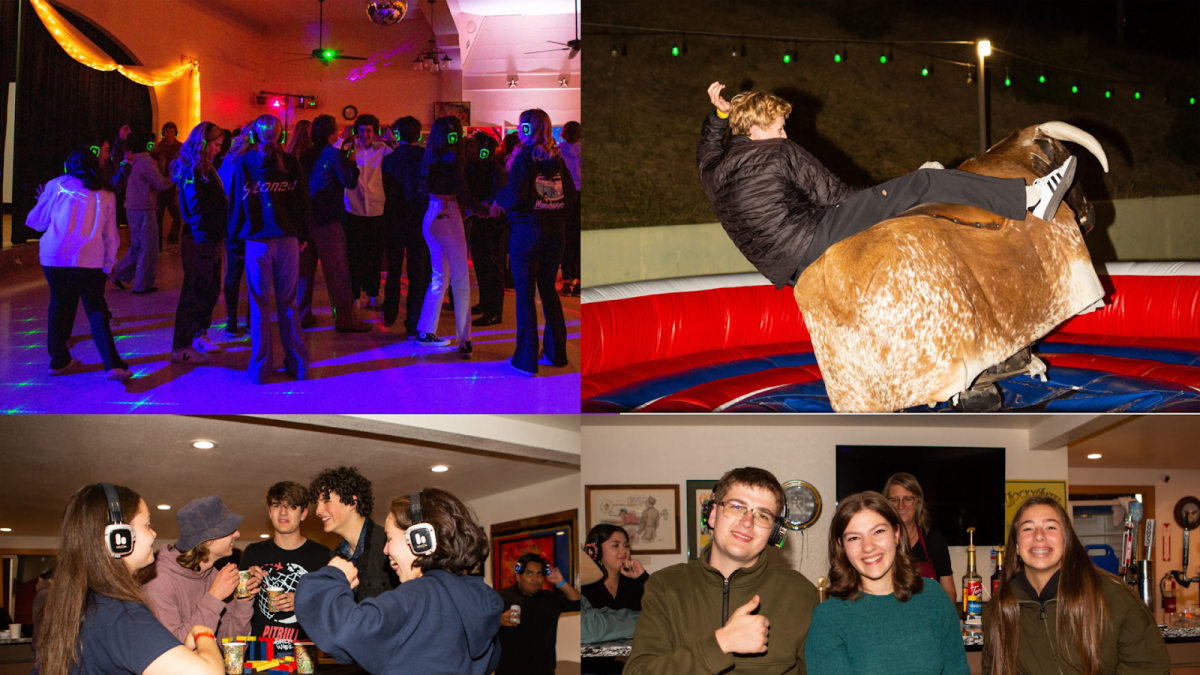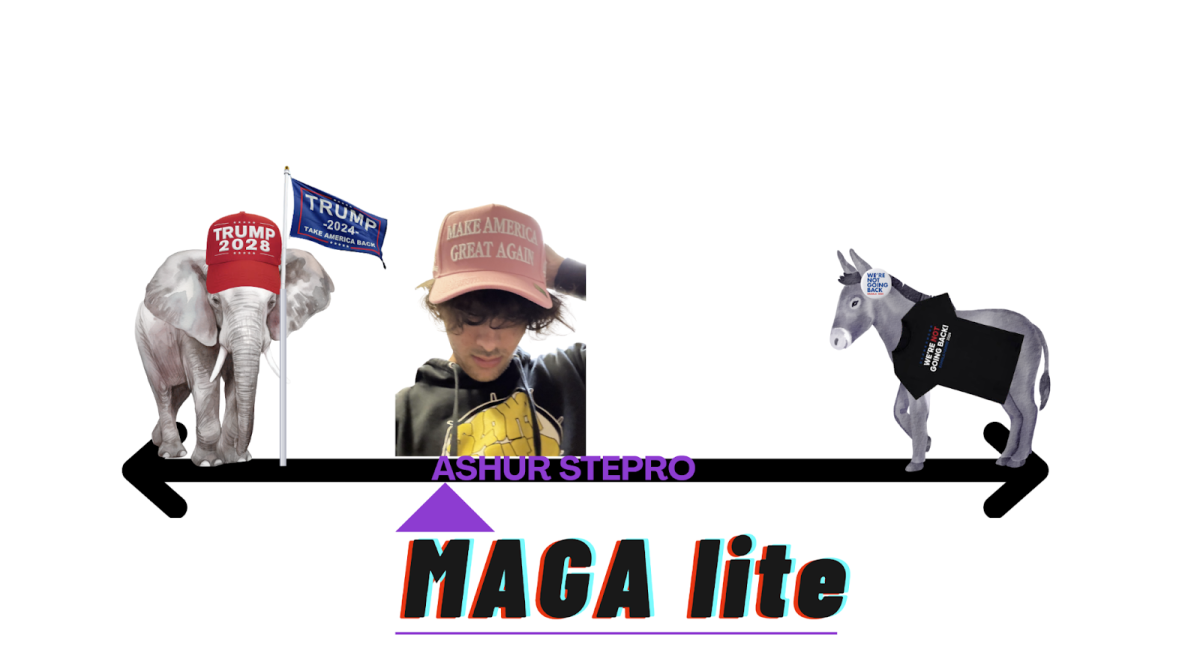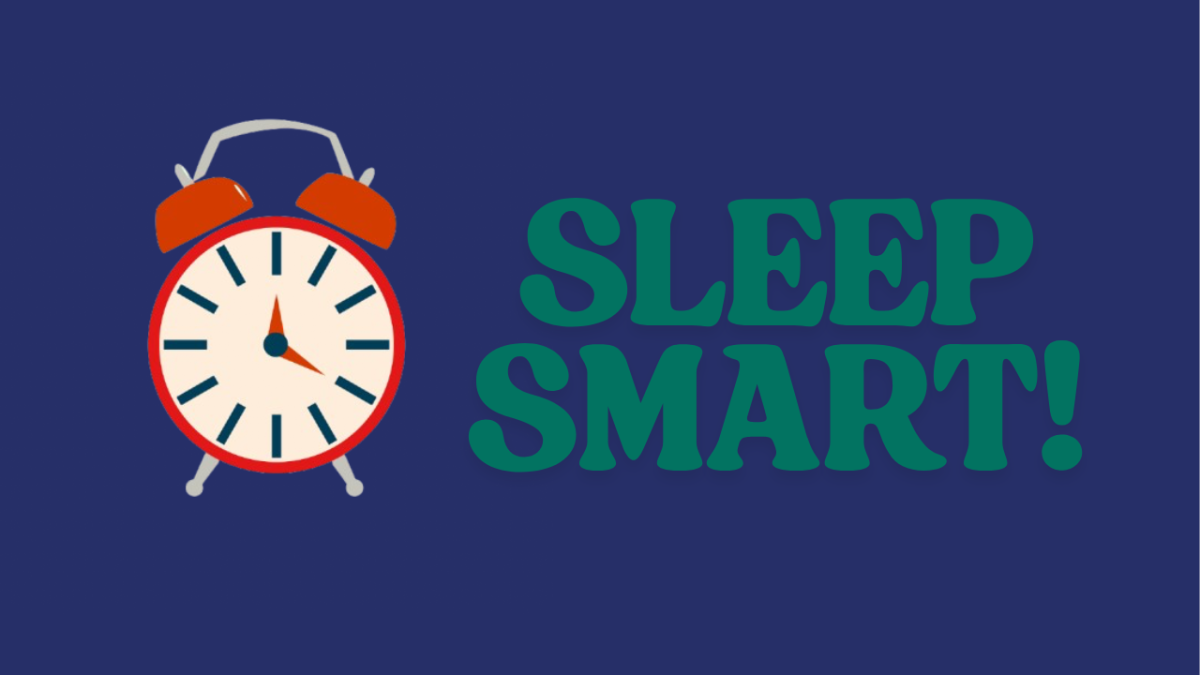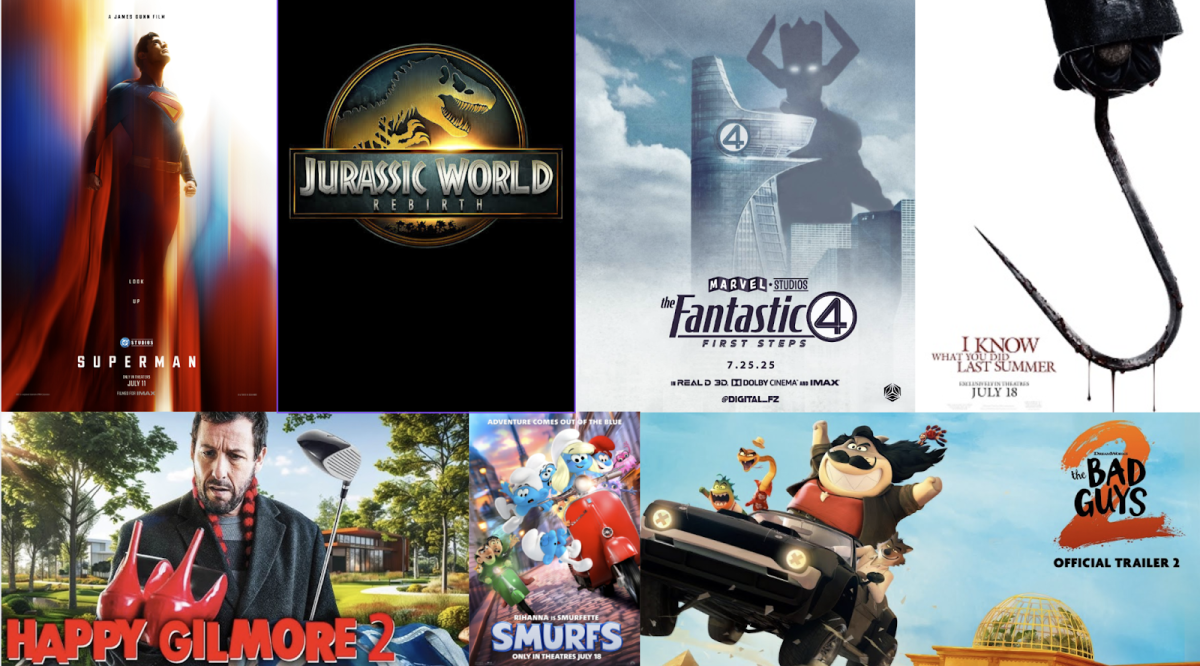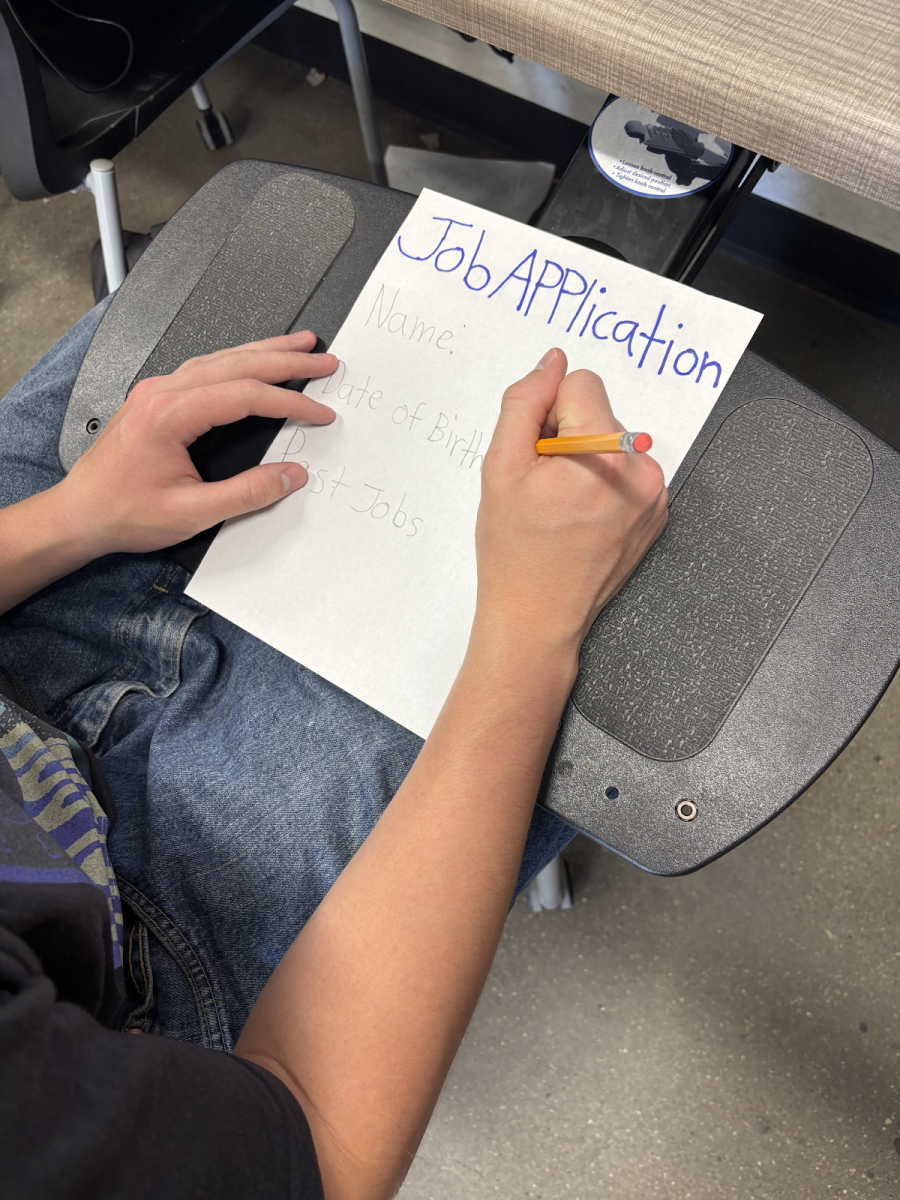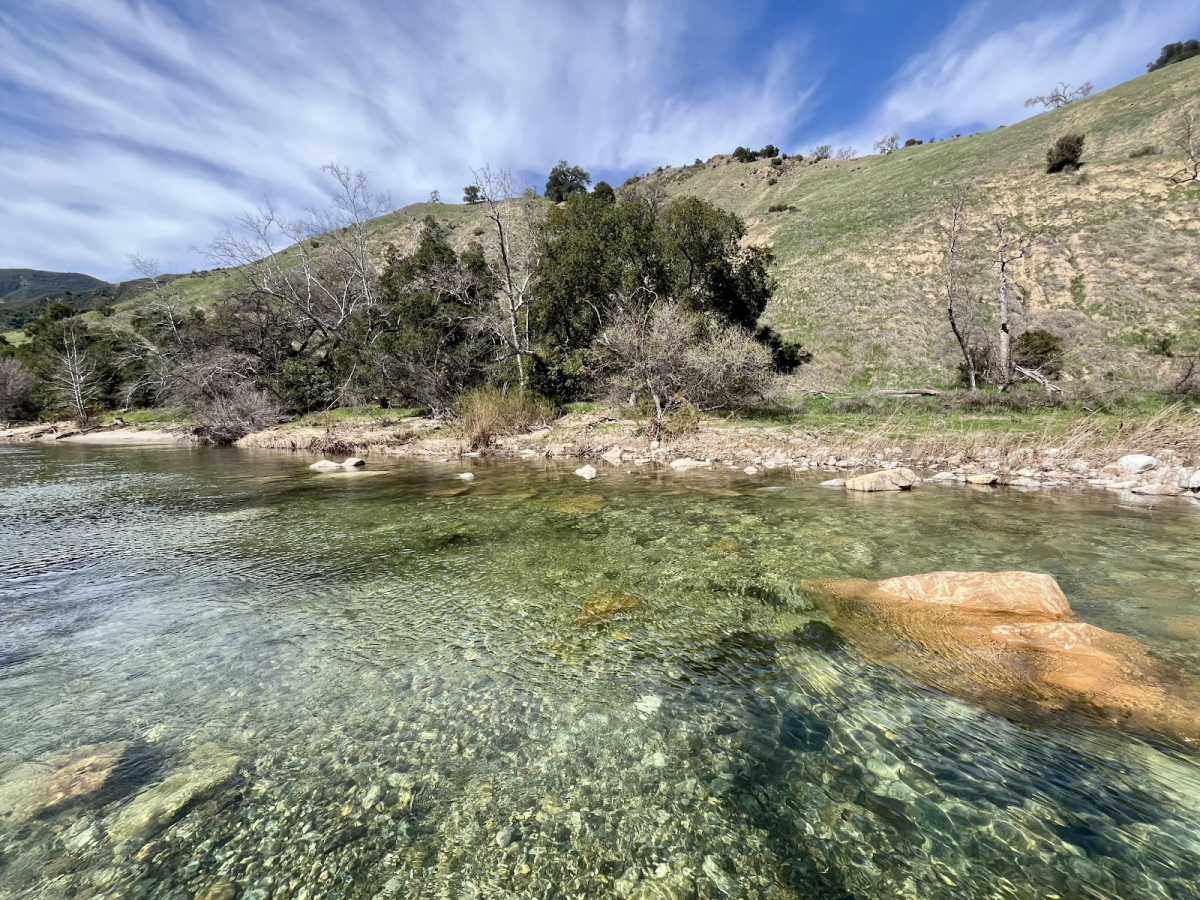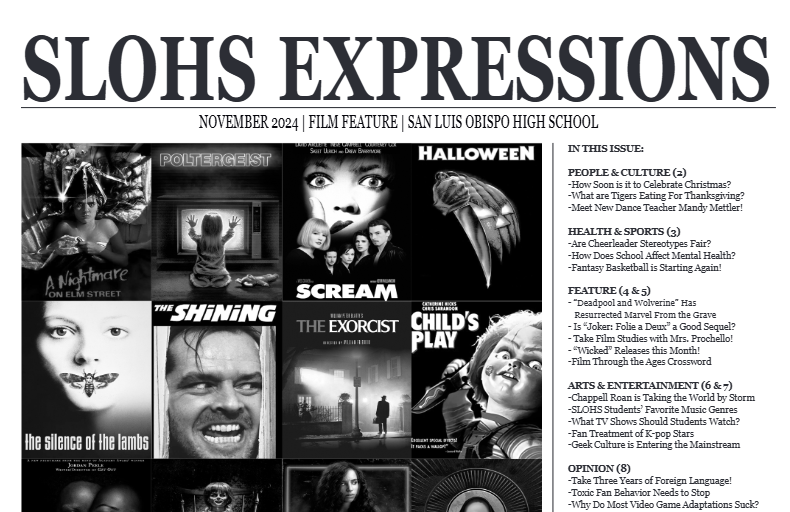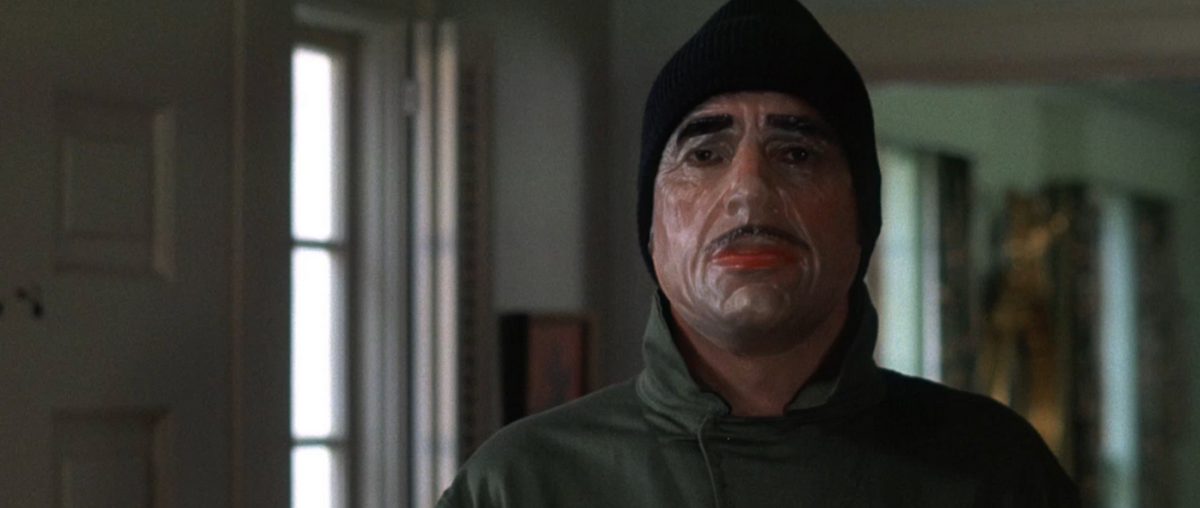Noir is a hard genre to capture. Careful lighting and cautious characters create fictions of murder and mystery, as complex as they are contained. However, out of all these elements, the importance of shadows cannot overstated. Noir, by definition, means “black,” and with the widespread use of color in film, for a time it seemed as though the genre was to be forced back into the twilight from which it had emerged.
Defiant of artistic logic, yet based purely in the world of real crime, arrived “The Friends of Eddie Coyle.” Right before the neo-noir wave of the eighties, this was the movie that proved that noir is a state of mind, not a type of color palette. Starring Robert Mitchum in the title role and Peter Boyle as his not-so-friendly bartender, ‘Eddie Coyle’ paints an ever-broadening portrait of the dirty criminal underbelly and the ‘friends’ who inhabit it.
Focusing mainly on the struggles of Mitchum as a small time gun-runner-turned-informant in a desperate bid to avoid jail time, the story branches out to include the lives of firearm dealers, manipulative detectives, and cold-blooded bank robbers, all of whom are willing to backstab their partners just trying to make it in a disillusioned America.
“It was people who interacted quite well. Almost, in a sense, the character interactions in separate situations are almost relatable to ‘Magnolia,’” said senior Will Christian. “There’s different stories, but they’re all intertwined.”
Based off the book of the same name, “Eddie Coyle’ serves as a precursor to minimalist action, a growing subgenre portrayed now by directors like Andrew Domini, whose 2007 film, “The Assassination of Jesse James by the Coward Robert Ford” succeeded in attempting to utilize the most basic kind of violence and plot. However, just because the action is short lived and demonstrates a Jean-Pierre Melville-esque level of restraint doesn’t mean it’s dull by any standards. The most exciting thing many of the characters will ever do is simply talk to one another, which might sound boring on paper, but in action it becomes one of the most interesting aspects of the film, alongside it’s beautiful borderline guerilla-filmmaking style.
Characters tell their stories and lessons in dimly lit rooms and cars, as they eat lemon-meringue pie and drink cheap coffee. The film is a tale of subtle desperation told by criminals too ignorant to ever learn from their own mistakes, in a world that refuses to accept their needs, but relishes in enforcing their punishments.
The film is certainly dated, but I believe it’s aged well. The characters might spike their collars and speak in an embarrassingly Seventies dialect, but the desperation and struggle of relatable characters still serve to the relevance of this work, even after all these years. If you want to spend 102 minutes enthralled in one of Mitchum’s finest performances, check out the Criterion Collection’s blu-ray re-release that’s coming out this Tuesday.



